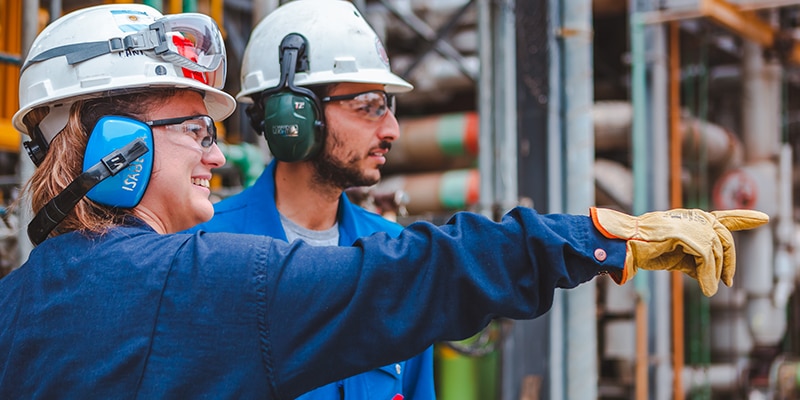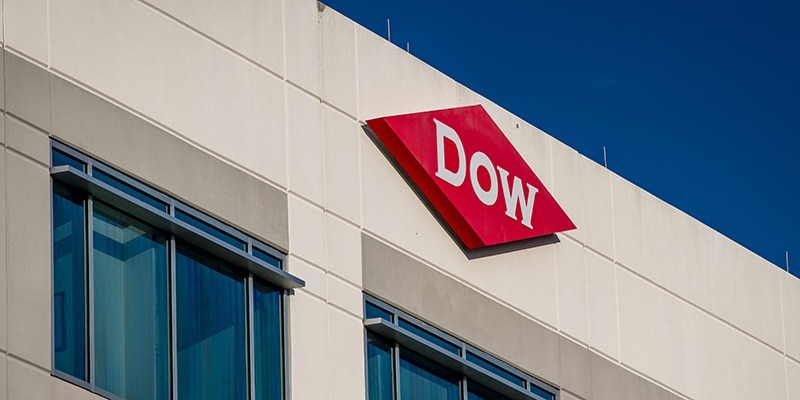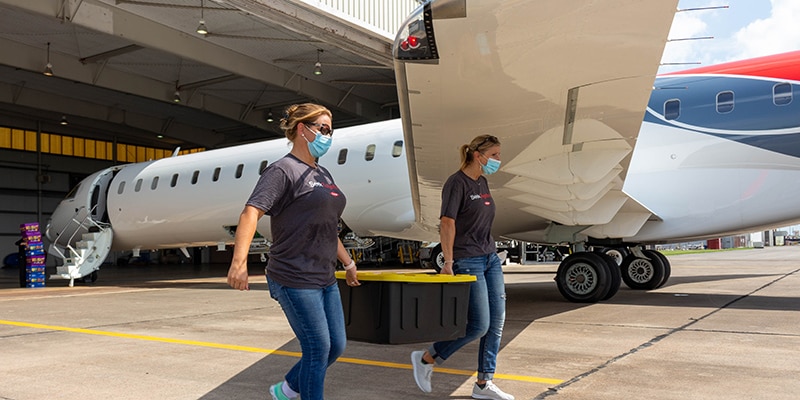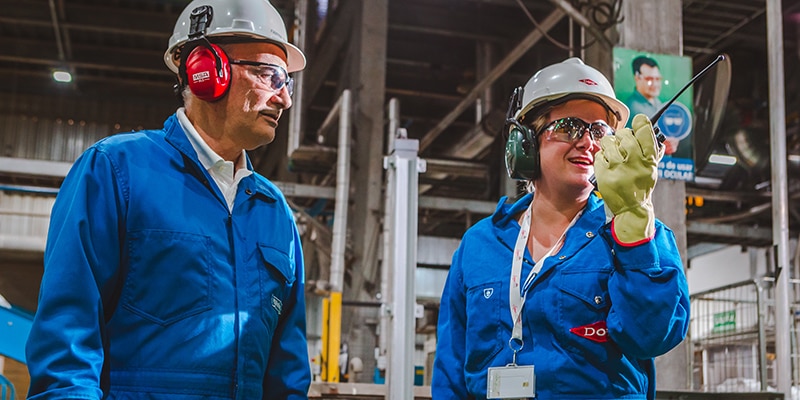
Earth Day 2021
One Future, Together
Environmental education empowers people to participate effectively in sound decision-making around climate change and adopt more sustainable lifestyles.
Across the world, businesses and governments are ramping up technological investments in renewable energy, electric vehicles and green building initiatives. The global goal? Reach a net zero economy by 2050. Investing in technology is important. But we also need to invest in the environmental literacy of everyone. If you don’t understand the problem, how can you solve it?
As part of three days of action to mark Earth Day, educational leaders and climate activists from every continent are meeting virtually today to talk about how education is an essential element of the global response to climate change. And, I couldn’t agree more.
Why? First, our planet is at a critical juncture. To avoid catastrophic impacts of climate change, we need decisive action now. Environmental education empowers people to participate effectively in sound decision-making around climate change and adopt more sustainable lifestyles. Second, a successful transition to a lower-carbon economy will require technological innovation, collaboration and a systems-thinking approach. We need to create opportunities for students to learn about the world around them and apply this learning to solve authentic problems. This is how we will build a STEM-literate workforce ready to fill the green jobs of tomorrow.
Visit our Earth Day page to learn how Dow is partnering with like-minded stakeholders to help solve the global environmental challenges that our society faces together.
Investing in tomorrow’s changemakers
Allow me to share a few ways in which we’re collaborating with educational institutions and non-profits to build environmental literacy:
Encouraging green chemistry education. We’ve partnered with Beyond Benign to aggressively expand greener chemistry in higher education. Beyond Benign’s goal is to pursue partnerships with colleges and universities to ensure 25% of all U.S. students graduating with a chemistry degree have a background in green chemistry by 2025. Dow is contributing volunteers, our corporate sustainability expertise and financial support.
Training K-12 teachers in cross-curricular sustainability education. Through the Dow Innovation Teacher and Fellowship program, middle and high school teachers take part in a yearlong interdisciplinary training program that connects STEM, civics, economics, communications, literature and other areas. The fellowship – a partnership with the University of Michigan’s Center for Education Design, Evaluation and Research and Delta College – is designed to empower students and teachers to be change agents for sustainability issues.
Preparing future sustainability leaders. Since 2013, the groundbreaking Dow Sustainability Fellows Program at the University of Michigan has brought graduate students from various disciplines together to find practical and actionable solutions to real-world sustainability problems. Dow Fellows partner with businesses, non-profit organizations, and communities to create actionable, high-impact solutions. Recent projects include creating a net-zero biological field station in Costa Rica, addressing safe water access in Uganda and accelerating solar energy on Michigan public lands.
Resilient communities, a more sustainable society
Nelson Mandela rightly said: “Education is the most powerful weapon which you can use to change the world.” By empowering our students and teachers today to build STEM skills and to engage in sustainability-driven civic activities and conservation projects, we can take an active role in role in shaping a more equitable and climate-resilient economy.
Environmental literacy is an investment that will pay dividends far into the future.
Mary Draves, Dow Chief Sustainability Officer





